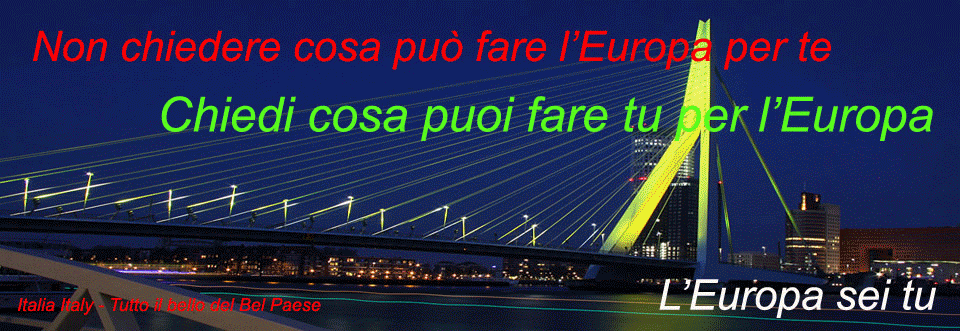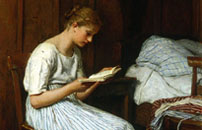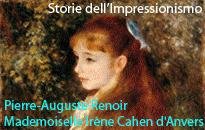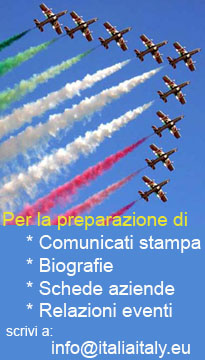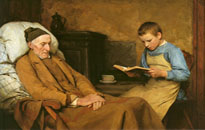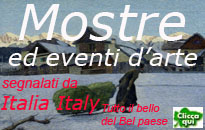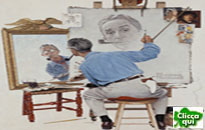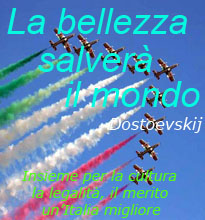 Today's Europe was born of the farsighted dreams of "visionary" statesmen, who gave us four generations without wars and a future open to new challenges. The founding fathers were a diverse group of people driven by the same ideals: peace, unity and prosperity in Europe. Their ...
Today's Europe was born of the farsighted dreams of "visionary" statesmen, who gave us four generations without wars and a future open to new challenges. The founding fathers were a diverse group of people driven by the same ideals: peace, unity and prosperity in Europe. Their ...
names are now written in the history and dreams of humanity: the Italians Alcide De Gasperi, Altiero Spinelli and "the boys of Ventotene", the Germans Konrad Adenauer and Walter Hallstein, the French Robert Schuman and Jean Monet, the British Winston Churchill, the Belgian Paul-Henri Spaak, the Dutch Sicco Mansholt and Johan Willem Beyen, the Luxembourgish Joseph Bech. In addition to the founding fathers many others have inspired the European project and worked tirelessly to make it happen. In the sixties of the last century Europe also grew up with youth movements, with bands like the Beatles, with the student movements of Sixty-eight.
The first enlargement of the Community took place in 1973 with the accession of Denmark, Ireland and the United Kingdom: the number of Member States of the European Union rose to nine. The energy crisis of the early seventies and the economic problems it generated led to a great social commitment by the Community and the development of a strong regional policy with the allocation of large sums for the creation of new jobs and infrastructure in the poorest areas. Meanwhile in Europe the last dictatorial regimes fell with the end of the Salazar regime in Portugal in 1974 and the death of General Franco in Spain in 1975.
Meanwhile, the commitment and the role of the European Parliament grew, which for the first time in 1979 was elected by universal suffrage. New glimpses also opened up in the communist bloc and in 1980 the strikes by the Gdańsk shipyards brought Polish Solidarność and its leader Lech Walesa into the limelight.
In 1981 the States of the Community became ten, with the accession of Greece, the homeland of Western culture. In 1986 Portugal and Spain entered the new Europe and the Single European Act was signed, laying the groundwork for a program that in six years should have facilitated exchanges among Member States and created the EU's internal market.
New frontiers opened in 1989 with the fall of the Berlin Wall, the end of the communist regime and the start of the reunification of Germany. The completion of the EU's internal market was completed in 1993 with the implementation of the free movement of goods, services, people and capital. In the same year the Maastricht Treaty on the European Union was launched and then, in 1995, the European Union joined Austria, Finland and Sweden: so the Member States reached fifteen.
The agreements signed in the Luxembourgish town of Schengen have been crucial for the free movement of persons and have given Europeans the possibility to move freely without border passport controls. Since then, millions of young people have traveled around Europe and have been able to study abroad with European projects.
The new millennium has further expanded the Union: in 2004, Cyprus, Estonia, Latvia, Lithuania, Malta, Poland, the Czech Republic, Slovakia, Slovenia and Hungary joined; in 2007, Bulgaria and Romania joined. With the official entry of Croatia on July 1, 2013, the European Union has reached twenty-eight member states. In 2009, after ratification by all states, the Lisbon Treaty came into force, redefinising the institutions and establishing more efficient working methods. The successive difficulties and the UK referendum in 2016 led to Brexit and from 2019 the European Union will have 27 States. (Felice d’Adamo)

